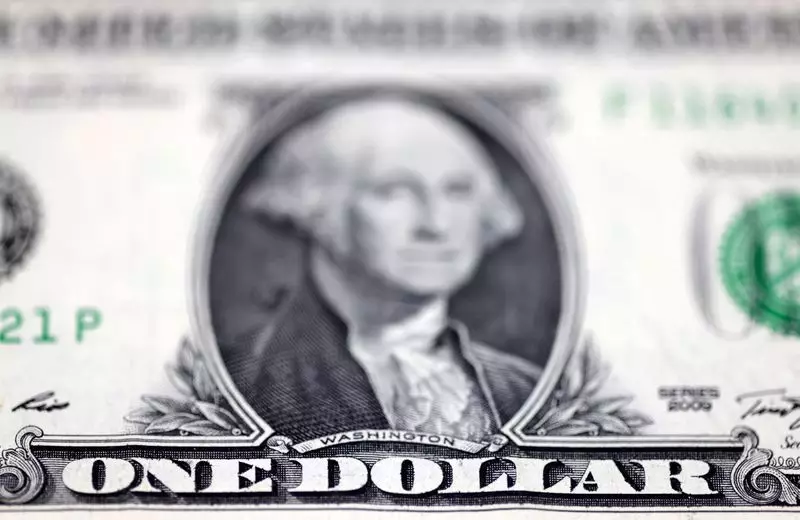Currency markets have been turbulent recently, with commodity currencies hitting multi-week lows due to weakness in Chinese demand. The Australian dollar, New Zealand dollar, and Canadian dollar have all suffered losses against the U.S. dollar as Chinese growth figures fell short of expectations and surprise rate cuts were implemented. This has led to a ripple of risk aversion in equities, impacting these currencies negatively.
Yen Surge
On the other hand, the Japanese yen has experienced a surge in value as short-sellers exit their positions ahead of a central bank meeting. Speculators who engaged in carry trades funded in yen are now closing their positions in light of potential rate hikes in Japan. The dollar/yen pair fell significantly, with other pairs such as the euro and Australian dollar also experiencing sharp declines against the yen.
The upcoming Purchasing Managers’ Index (PMI) figures in Europe will be closely monitored to gauge the possibility of European rate cuts in the near future. Markets are currently pricing in a 44% chance of a rate hike in Japan, adding to the uncertainty in currency markets. Traders are also keeping an eye on U.S. GDP and core PCE data to assess the likelihood of rate cuts in the U.S.
The euro has remained relatively stable, trading at $1.0848, while sterling could see a rally depending on PMI data from Britain. The Mexican peso and Australian dollar have both suffered significant losses against the yen, highlighting the impact of Chinese demand weakness and commodity price declines on different currencies.
Looking ahead, traders will be closely watching for economic data releases, central bank meetings, and inflation figures to gauge the future direction of currency markets. The outcome of the Bank of Japan meeting next week, as well as second-quarter inflation data in Australia, will be crucial in determining market sentiment and potential policy changes.
The recent shifts in currency markets have been driven by a combination of factors including Chinese demand weakness, commodity price declines, and central bank meetings. Traders and investors will need to carefully assess economic data and market developments to navigate the volatility and uncertainty in the currency markets.

